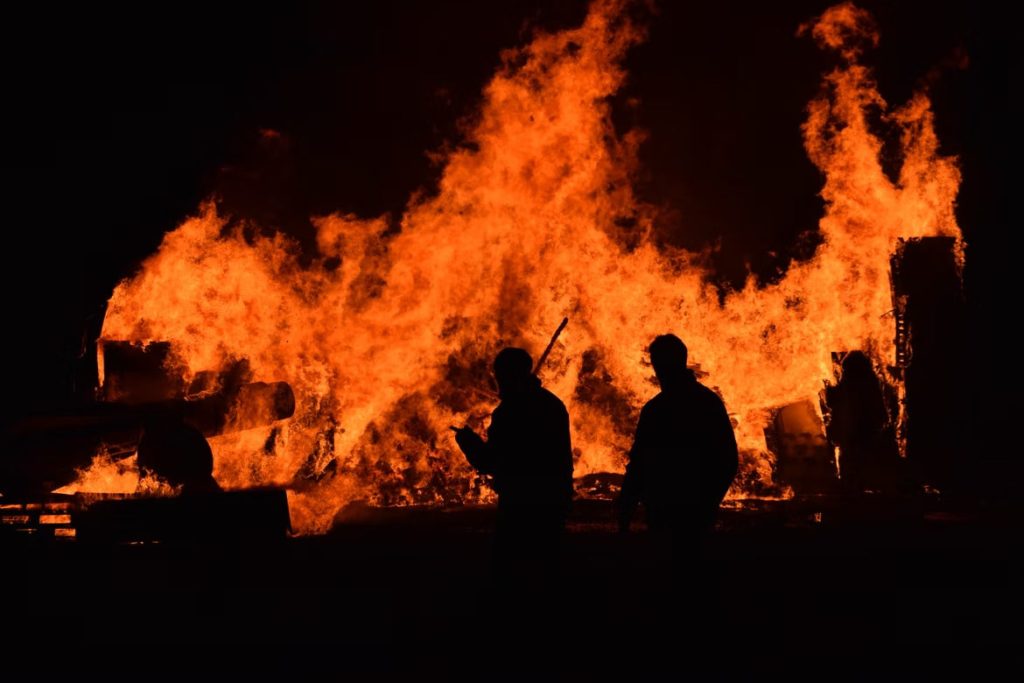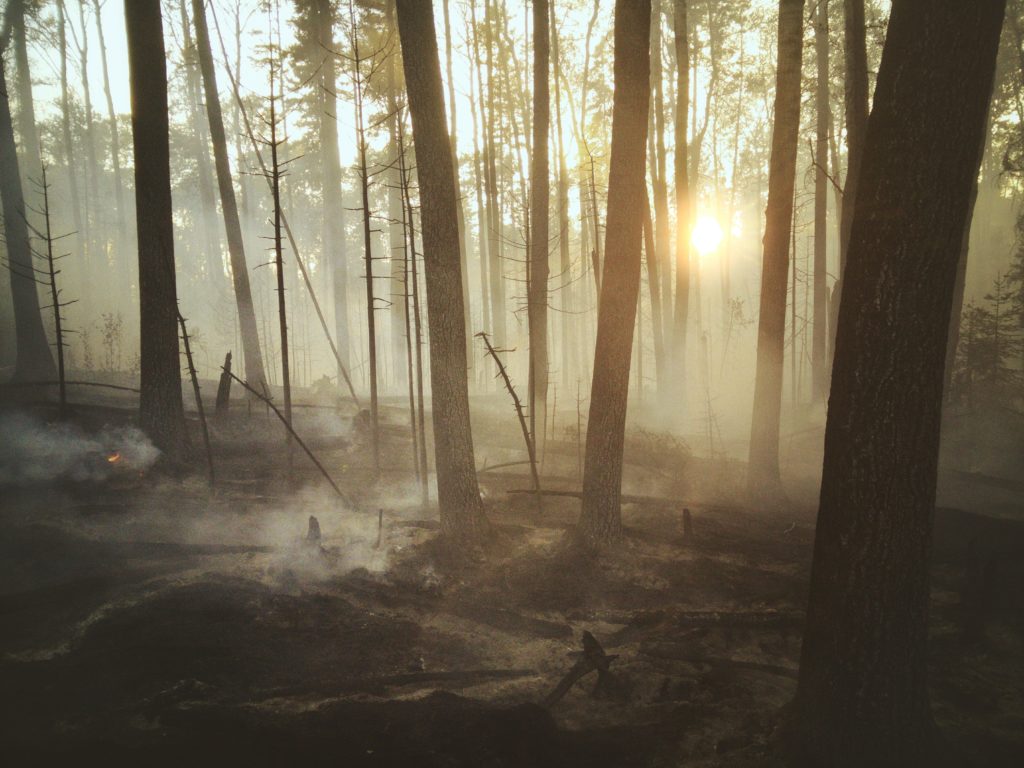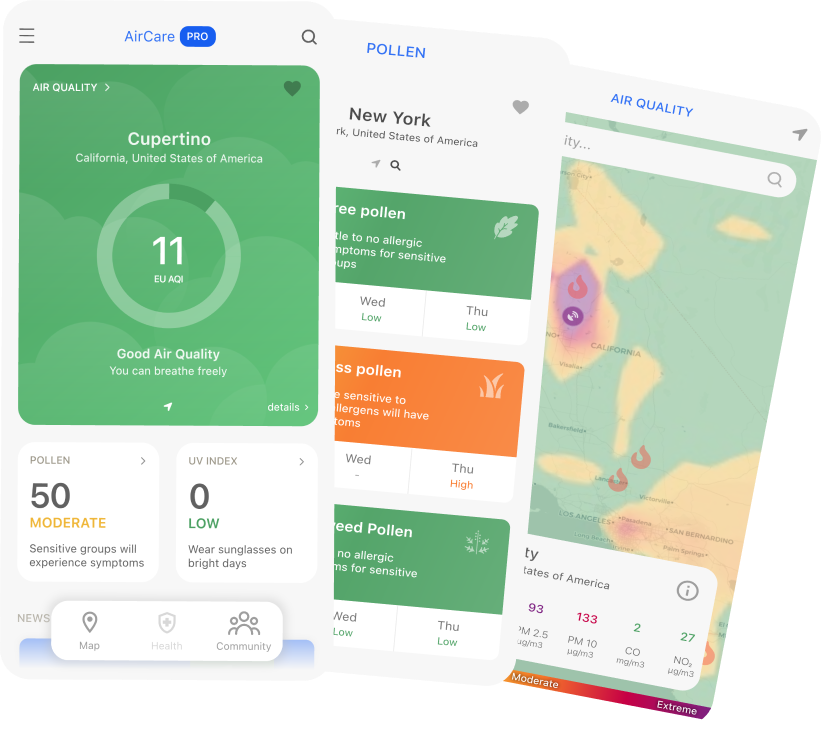A wildfire is an unplanned fire that burns in a forest, prairie, grassland, or other natural areas. Wildfires can disrupt communications, transportation, gas and power services, and water supply. They can lead to a deterioration of air quality, damage to the environment, and loss of animals, and people.
If you’re wondering what causes wildfires, here is your complete guide to understanding the most common risk factors of wildfires.

1. Debris
In many places, it is common practice to burn yard waste. Even though it might be legal to do so, this action can start fires. Wind can contribute to wildfires by spreading the flames of burning debris into forests or fields or farms.
To ensure burning safety, keep an eye on the weather and avoid burning under windy conditions. Have firefighting tools and a water source close by, and before you leave, make sure that the burn is completely out.
2. Campfires
No matter whether young or old, everyone wants to get out of polluted and busy cities and spend some time in the woods. Once the temperature falls, campfires are needed to stay warm. Campfires are a great way to have a good time outdoors and connect with nature.
However, sometimes people leave combusting materials or lit fires unattended while they’re camping, which can result in a wildfire.
One such example is the Ham Lake Fire, a wildfire that happened in the Superior National Forest in Minnesota, and was caused by an unattended wildfire. So, never leave a fire unattended, and properly put it out after you’re done.
3. Discarded Cigarettes
People who smoke while driving, biking, or walking, sometimes have a habit of throwing the cigarette butt away without fully putting it out. Smokers who are negligent at extinguishing cigarettes don’t know where those buds end up, and some of them start fires.
For this reason, smokers need to make sure that the buds are completely put out before they throw them away. This type of carelessness can result in a wildfire, which is why it’s essential for smokers to be extra careful.
4. Fireworks
Even though fireworks can seem like fun and games, they can be dangerous when they’re in the hands of amateurs. Fireworks can end up as flames in the unwanted territory if they’re not handled properly.
A lot of wildfires caused by fireworks happen during the weeks before and after the 4th of July. Even though airborne and exploding fireworks are the most dangerous, even smoke bombs, fountains, and sparklers can cause ignition. Instead of setting off your own fireworks, the safest way to enjoy them is to attend a public show where professionals handle the fireworks.

5. Equipment Use and Malfunctions
The chances of a wildfire are greatly reduced when outdoor equipment is properly maintained. Off-road recreational vehicles, and farming and logging equipment, can all be the cause of a wildfire. Maintain your equipment properly by doing routine mechanical checks, cleaning debris, and avoiding equipment usage during dry conditions.
6. Vehicle Crashes and Engine Sparks
When things go wrong, a running engine can produce hot sparks. Another thing that can start fires quickly is car crashes, which is why you often see firefighters rushing to the scene of a car crash. Engine sparks can be the reason for high flames if the vehicle is operating in a forest or field.
To avoid these fires, maintain the brakes, check the tire pressure, and follow the safety recommendations in place.
7. Arson
Arson is the act of setting fire to vehicles, property, or other objects, intending to cause damage. An arsonist is a person who commits this crime. In some cases, people cause a fire to their own property to get compensation.
Arson fires hurt the environment as they burn valuable natural resources, prime recreation areas, and wildfire habitats.
The general public can help in the prevention of arson-caused wildfires. If you see anything suspicious, make sure you say something. When solving this type of crime, one of the most critical things is citizen information. You can call the arson hotline, or notify the DNR office or local law enforcement authorities.
8. Natural Causes
Wildfires that are a result of natural causes vary from one region to another depending on the topography, climate, weather, and vegetation. The two leading natural wildfire causes are volcanic eruptions and lightning.
When a volcano erupts, hot magma is pushed out as lava. The lava can flow into nearby lands or fields and start wildfires. Another common trigger for wildfires is the spark produced by a lightning strike. Sometimes lightning can also strike rocks, trees, or power cables, and this can trigger a fire.
Do you want to know the quality of the air you breathe? Download AirCare – our free mobile app that tracks air pollution from your pocket, and check out the AirCare blog!





